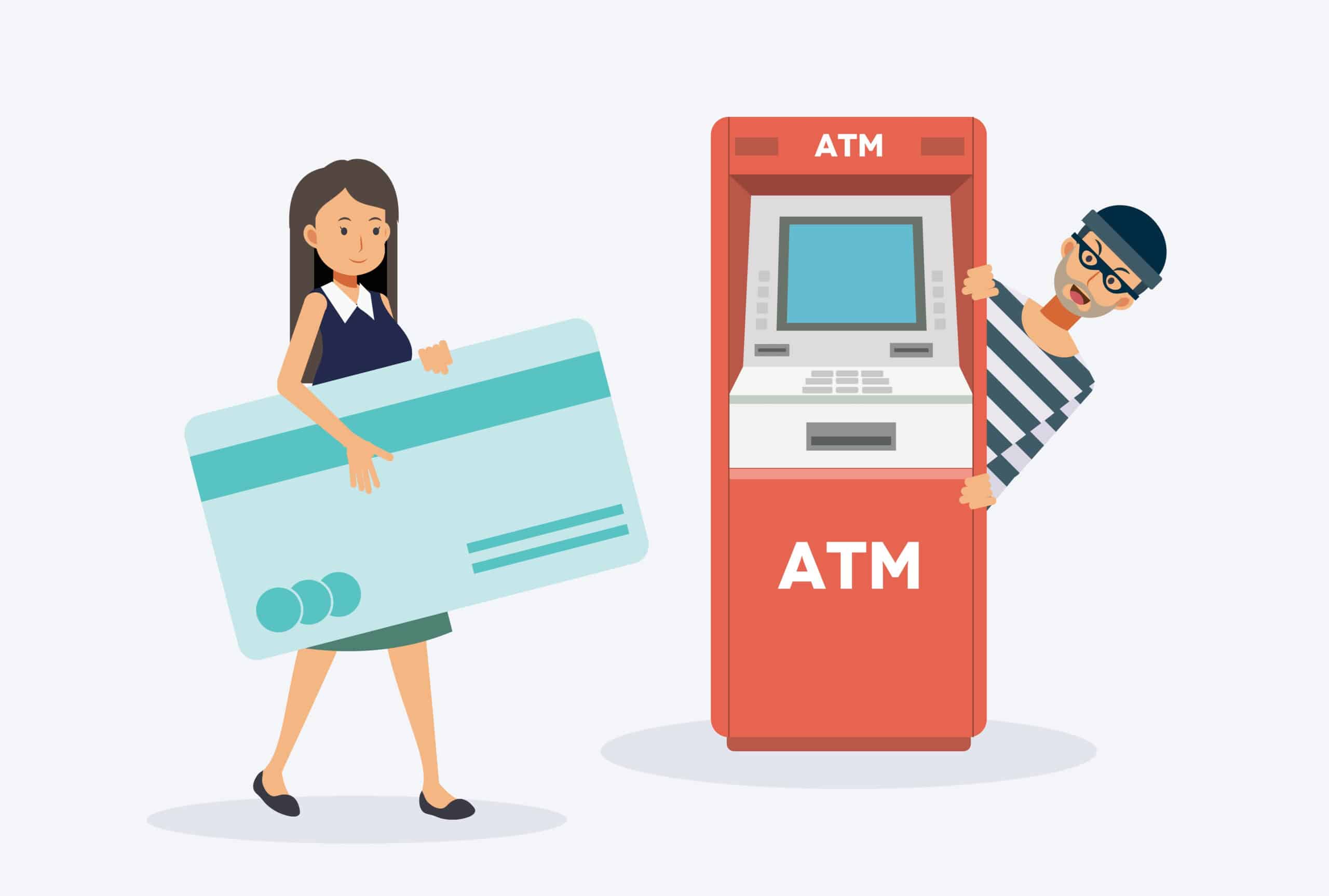Share

One situation we run across that is surprisingly common are banks that refuse to refund money to you when it’s stolen from your bank account. What happens is that you dispute a charge as fraudulent, and then the bank tells you they’re doing an investigation. But then even though you have proof that your account was hacked, or that you weren’t the one who did it, they tell you that the results of their investigation were that there was no fraud.
We’ve seen this happen with people who couldn’t possibly be the ones making the charges. Examples would be people who were literally on the phone with the bank while the fraudulent charges were being made, people who flagged a fraudulent charge for the bank and asked them to lock the account only to see more charges, or people who were in jail or rehabilitation while their cards were being used for a spending spree.
Some banks are worse than others about this. But with certain banks, they’ve outsourced or automated a lot of their customer service. So instead of getting a real investigation, they’re just pretending to do it and telling you that it’s your problem.
But that’s not the law. There’s something called EFTA—the Electronic Funds Transfer Act—and you have rights when it comes to a fraudulent charge on your bank account. If your bank claims they’ve investigated but won’t refund a fraudulent charge, by completing our claim form here. We may be able to help.
Does the bank have to give me the money back if there was a fraudulent charge?
You might be wondering in the first place if the bank is even responsible. Under federal law, they can’t just say it’s your problem if there’s a fraudulent charge on your account. The Electronic Funds Transfer Act applies to charges or transfers that are initiated electronically (which is most charges these days).
The EFTA has protections for consumers who have unauthorized transfers on their account. For example, if your card is lost or stolen, and you report it within two days of finding out about the theft, your maximum liability is $50. It gets more complicated if you wait after that, but even then there are limits.
EFTA also requires the bank to conduct an investigation when you tell them that a transaction was unauthorized. If it’s true, they have to correct the transaction. And if they can’t complete the investigation in 10 days, they’re supposed to “recredit” your money temporarily while they make a final decision.
We find that this investigation process is where most of the problems are coming. Some banks are hiring outside firms to do these investigations and trying to do them as cheaply as possible. So even if you submit a police report, for example, they might not even really be looking at it.
After the investigation the bank is supposed to report their findings to you. They’re also supposed to give you a written explanation of what they found, and to tell you that you have a right to request the documents they relied on. ALWAYS REQUEST THE DOCUMENTS THE BANK RELIED ON. Do it in writing. Many banks are either not relying on any documents, or will just refuse to give them to you (which is itself a violation of the law).
What should I do if there’s a fraudulent charge on my account?
First of all, report it to the bank as soon as you learn about it. You don’t want to wait, you want to do it right away.
Second, do it in writing. It’s ok to call them—but follow up with an e-mail to customer service. Putting things in writing makes it harder for the bank to say you didn’t report it later on.
Third, give the bank all the documents you have that help prove that a charge wasn’t authorized. If you have any proof, you want them to be able to look at it. This depends a lot on what charges there are, but a police report is a good example, or if you can prove you weren’t in the place the charge was made at the time.
Fourth, if the bank gives you the results of an investigation and incorrectly says the transaction was authorized, always ask for the documents they relied on. Do it in your own words. And do it in an e-mail or some other form where you can prove you asked for them.
If the bank still won’t refund your money, it’s time to talk to a lawyer. Federal law gives you rights in this situation. EFTA gives damages of up to $1,000 as a penalty even if you have no other damages at all. And EFTA is what’s called a “fee shifting” law, which means that the bank has to pay the consumer’s attorney’s fees if they win. Many of our clients suffer severe disruption to their lives when they get unauthorized charges on their account. If somebody steals the money in your account that you were going to use for rent or to pay your car payment, what happens to you? We’ve seen people literally become homeless because of this. The damages can be extremely severe even if the amount of money stolen from your account was only a few thousand dollars.
If you’re looking for a lawyer to help try to resolve a dispute over an unauthorized charge on your bank account, by completing our claim form here. We may be able to help.


